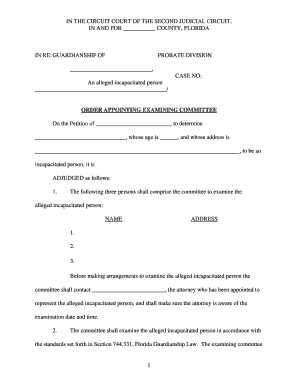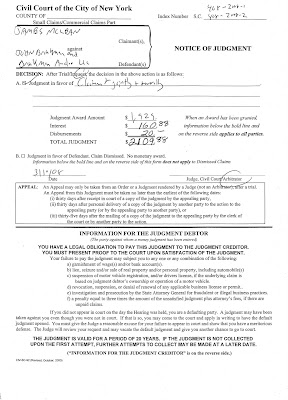

There is speculation that the unethical Mitchell may have falsified the original lawsuit, which may have itself emerged from an illegal deal between Mitchell and Neff. Pennoyer was extremely embittered by the process, and carried his hatred for the Supreme Court into his political career. Pennoyer lost in every action against Neff in an attempt to regain his land, including his action in Federal Court which would reach the Supreme Court. Pennoyer held the land for eight years before Neff sought it back. Mitchell himself bought the land, and assigned it to Sylvester Pennoyer, future governor of Oregon. Mitchell won by default, and Neff's land was sold off to pay the debt. Mitchell, who sued Neff in 1865 for an alleged debt related to the legal service. He had received legal aid to obtain the property from unscrupulous attorney John H. The case emerged from a dispute regarding a parcel of land, which now includes portions of Forest Park near downtown Portland, Oregon, secured by settler Marcus Neff.


More importantly, the court imposed a procedural limit on quasi in rem jurisdiction over property located within the state it would have to be "brought under the control of the court" at the time the suit commenced otherwise quasi in rem jurisdiction would remain unavailable.

714 (1878) was a decision by the Supreme Court of the United States in which the Court held that a state court can only exert personal jurisdiction over a party domiciled out-of-state if that party is served with process while physically present within the state. No personal jurisdiction can be had over defendants who are physically absent from the state or have not consented to the court's jurisdiction personal jurisdiction must comport with the Due Process Clause of the Fourteenth Amendment.Ĭhief Justice Morrison Waite Associate Justices Nathan Clifford įield, joined by Waite, Clifford, Swayne, Miller, Davis, Strong, Bradley Error to the Circuit Court of the United States for the District of Oregon


 0 kommentar(er)
0 kommentar(er)
